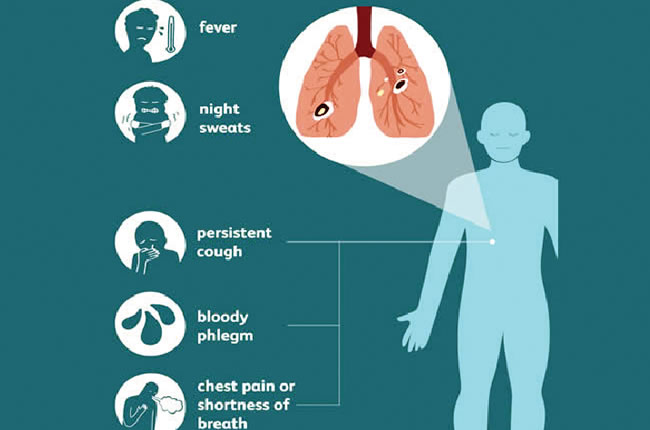
Dr Ouma also said over 25 per cent of these deaths occur in Africa.
Ouma, who said this on the Twitter handle of the centre, @AfricaCDC, urged African Union member states and partners to invest in better diagnostics, shorter and better treatment regimens, and innovative methods to end TB.
World TB Day is marked yearly on March 24 to raise public awareness about the devastating health, social and economic consequences of this preventable disease and call for accelerated action to end it.
This year’s theme, ‘Yes, we can end TB’, highlights the need to ensure equitable access to prevention and care, in line with the drive towards Universal Health Coverage and the Sustainable Development Goals.
He said “Every day, more than 4,100 people die from TB, with over 25 per cent of these deaths occurring in Africa. And yet this is a preventable and curable disease. This is World TB Day, we call on all African Union Members States and Partners to invest in better diagnostics, shorter and better treatment regimens, and innovative methods to end TB.”
Tuberculosis is a serious infectious bacterial disease that mainly affects the lungs. The bacteria that cause TB are spread when an infected person coughs or sneezes. Most people infected with the bacteria that cause tuberculosis don’t have symptoms. When symptoms do occur, they usually include a cough (sometimes blood-tinged), weight loss, night sweats and fever. Treatment is not always required for patients without symptoms. Patients with active symptoms will require a long course of treatment involving multiple antibiotics.
The World Health organisation said TB is the ninth leading cause of death worldwide and the leading cause from a single infectious agent, ranking above HIV/AIDS.
“The emergence of multidrug-resistant TB poses a major health security threat and could risk gains made in the fight against TB.
“Ending the TB epidemic by 2030 is among the health targets of the newly adopted Sustainable Development Goals,” WHO said.





